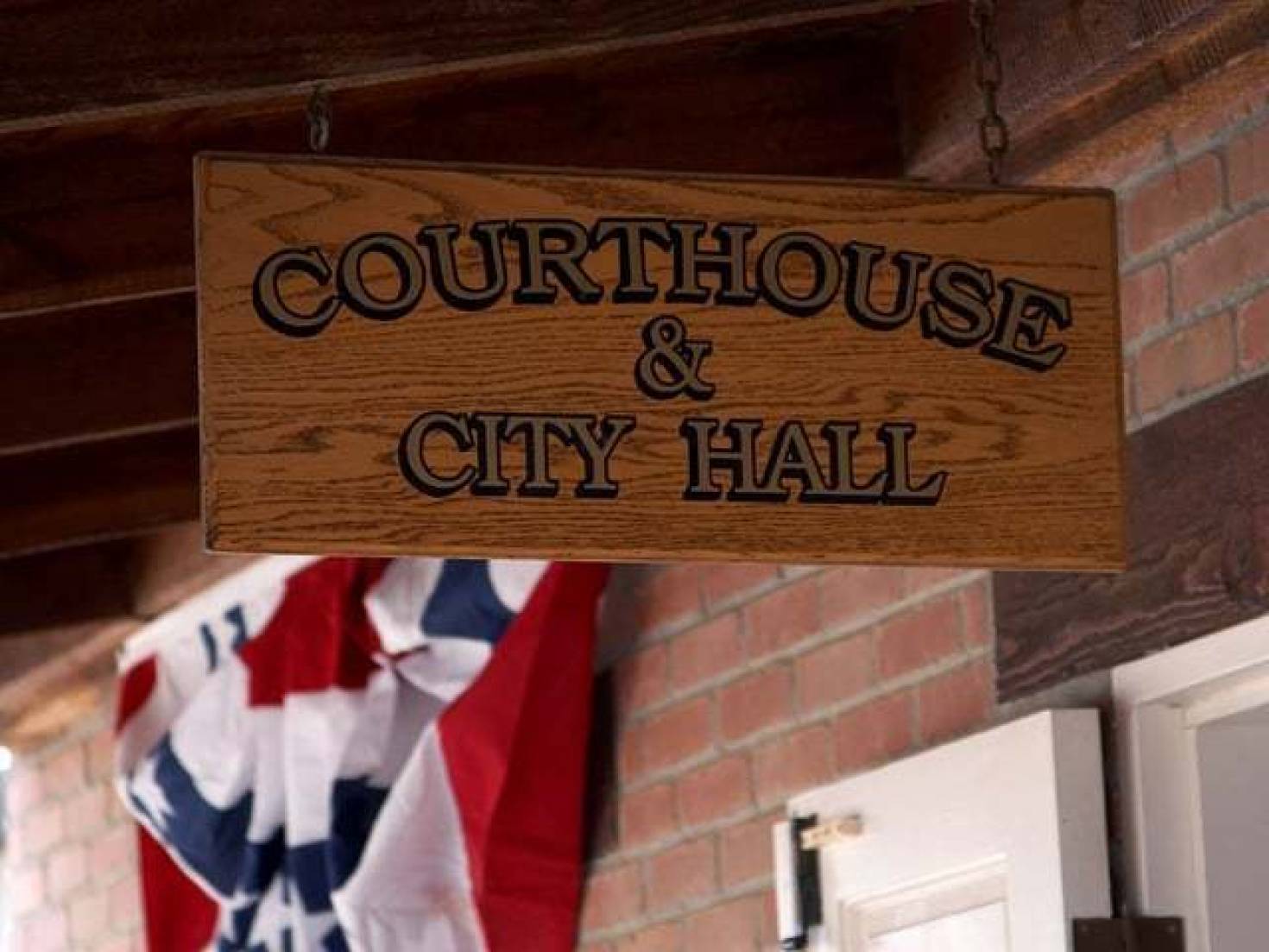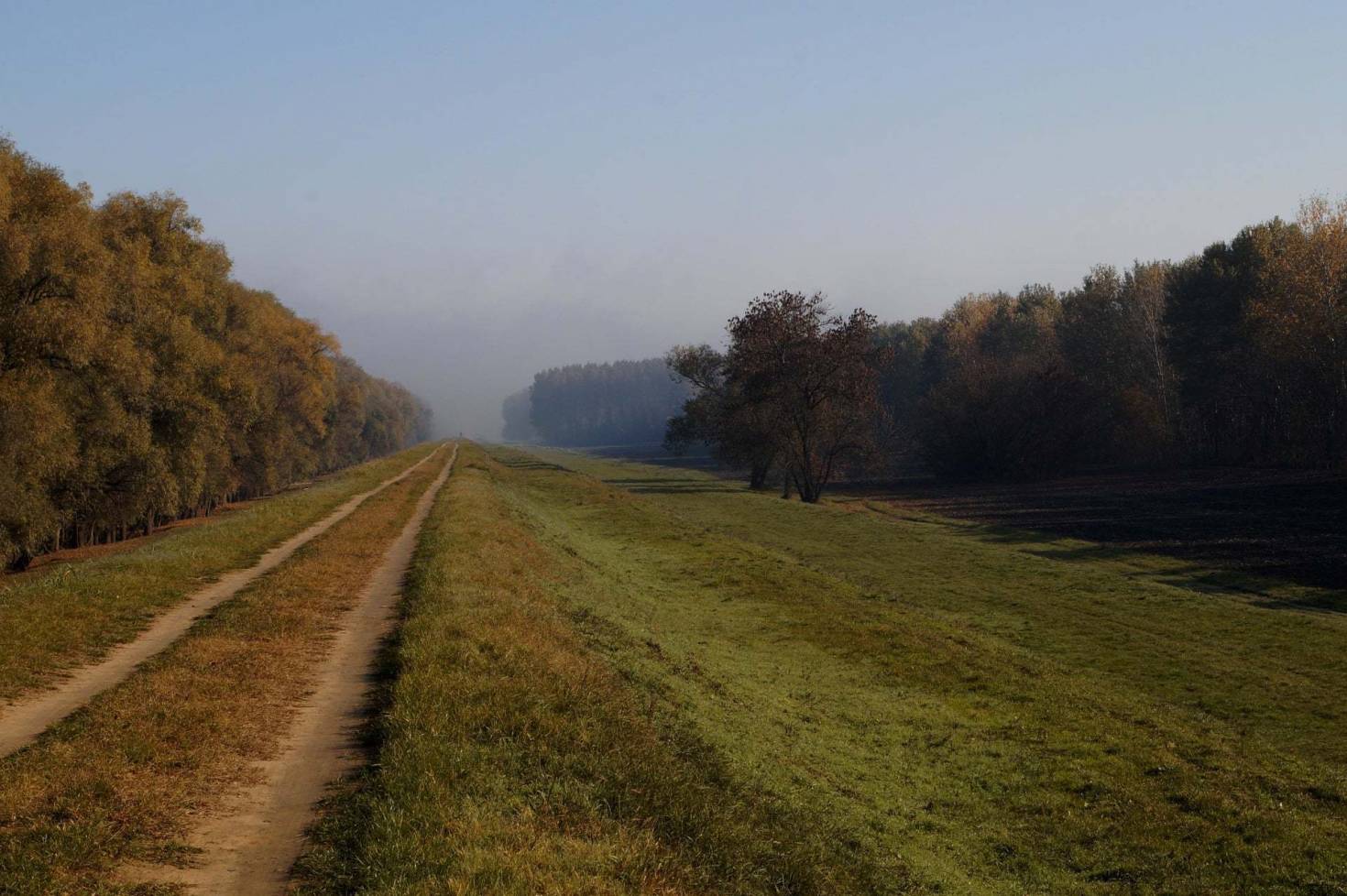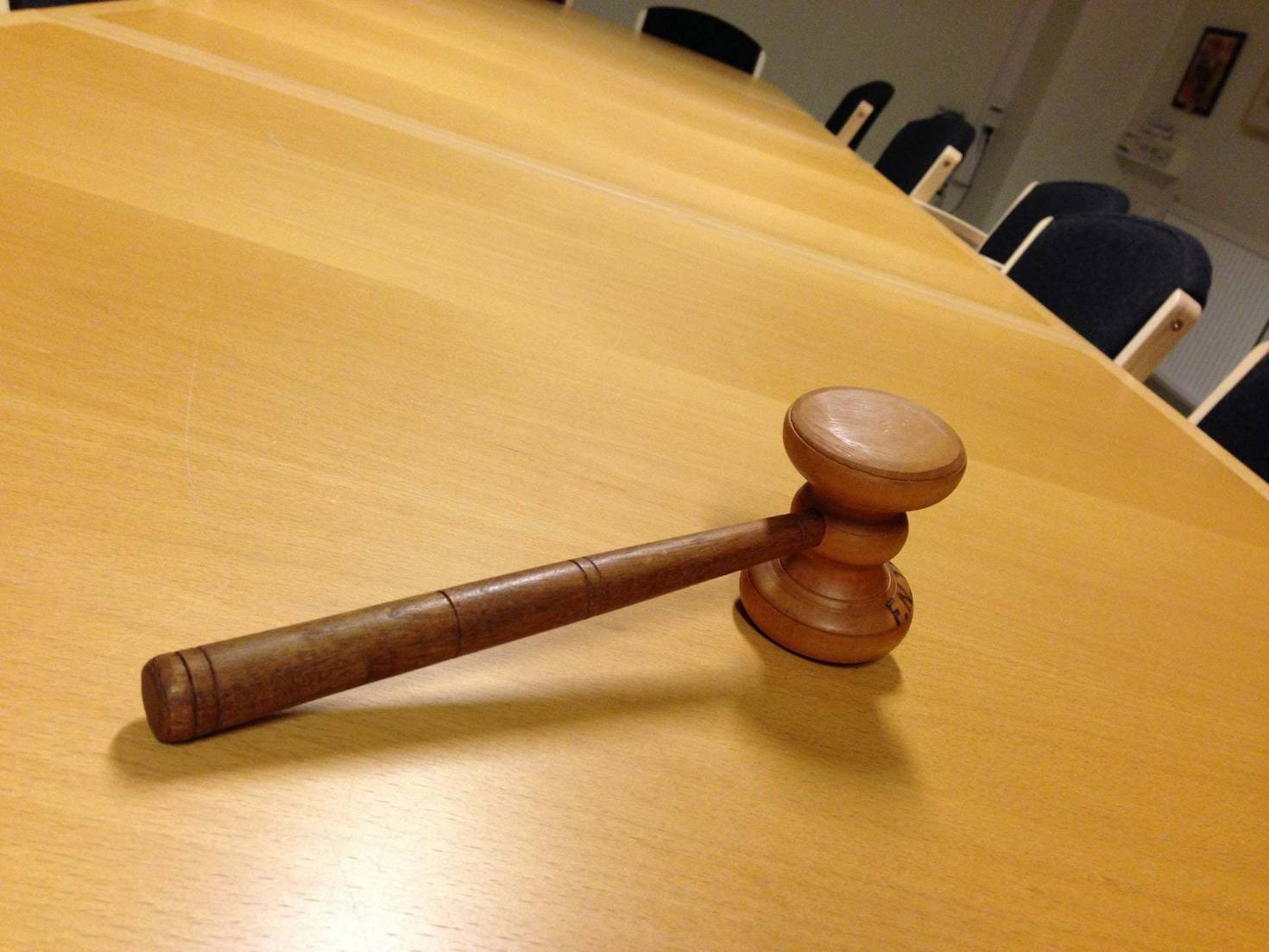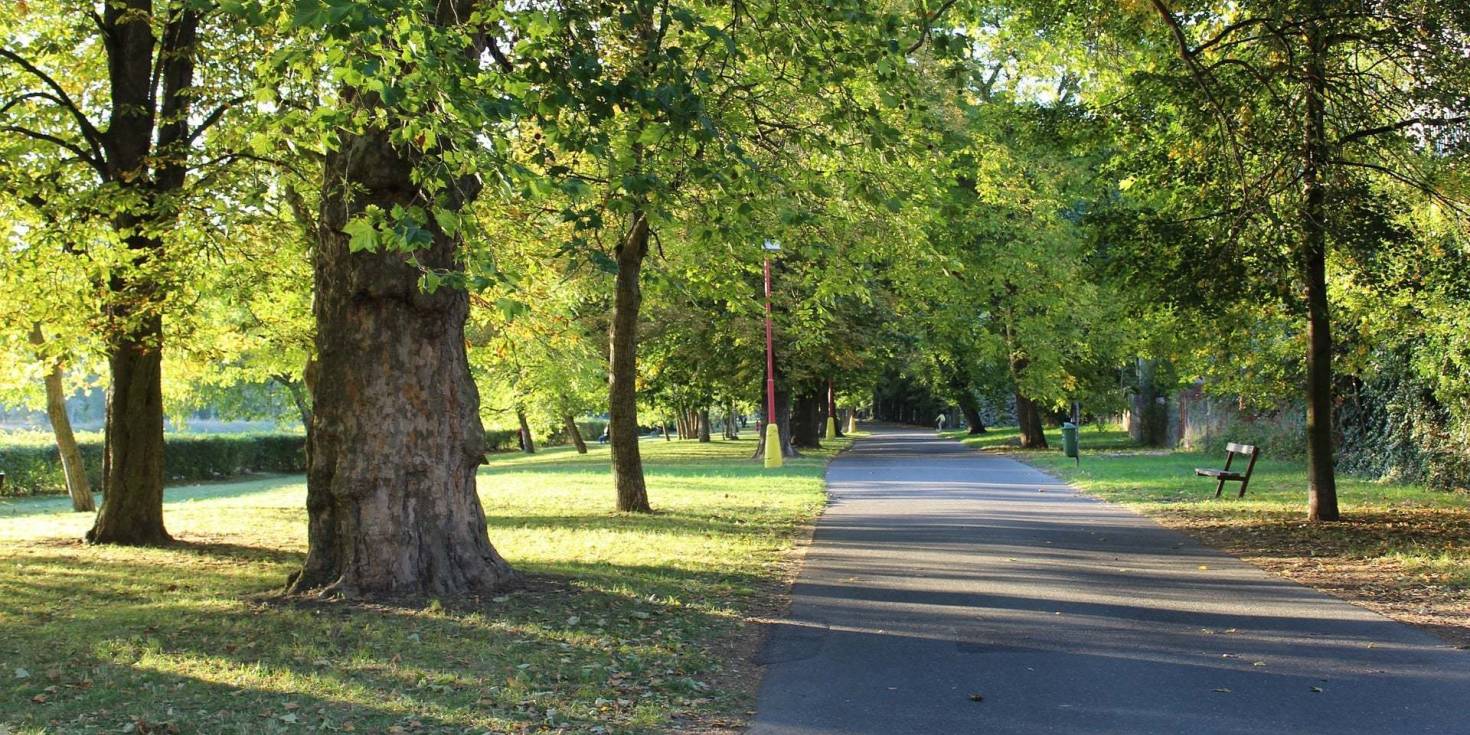After looking through land for sale at property after property, you’ve finally found the perfect piece of land that has everything you want. It’s in the right location. The topography is ideal. It has “curb appeal.” There’s just one problem. While you're doing your homework to ensure you make a smart investment, you find out the zoning restrictions won’t allow you to use the land as you intended.
This can be extremely frustrating, but all is not lost. Don’t give up just yet. It’s possible to have your land rezoned. There’s a specific process to go through and certain conditions must be met. Many times, there will be a contingency in a sales contract that the property must be rezonable, to ensure the buyers can use the land as needed.
Justifiable reasons for rezoning
Governments control the development of land and the ways it can be used by zoning laws. Common zones are agricultural, commercial, industrial, recreational, and residential. A few examples of more unusual zones are combination, aesthetic, and historical. The zone your land is classified as will determine what you're legally allowed to do with it. In other words, if you buy a vacant lot in the middle of a subdivision, you probably won’t be able to build a ten-story high rise on it. Although zoning and land use isn't exactly the same, if you're interested in learning more about various forms of land usage, head over to our post discussing different land uses and property types.
There are 3 main circumstances that justify rezoning a property.
- There was an error made in the original classification of the land. There may be more than one interpretation and honest errors are made.
- Changes have occurred surrounding the land that prevent the land from being used as it's currently zoned.
- The rezoning request is consistent with long term land use plans made by the local government.

Steps in the rezoning process
File an application
To start the process, go to the local zoning commission office and pick up an application to petition for rezoning. The application fees vary but can be substantial depending on location. With Baldwin County, AL land, it costs $500 to rezone 20 acres and $15 per acre above 20. With Phoenix, AZ land, it costs $8,610 plus $830 per acre. You will need to know some detailed information about your land such as the parcel number, how it’s currently zoned, and what your proposed use will be that requires rezoning. Here's an example of a rezoning application from Charlotte, NC that includes the fees.
Public notification
Certain states require rezoning petitions to be published in the local newspaper. This is done to inform residents that there's a possible zoning change that may affect them.

Application review
The zoning staff will review the application. They will then examine the effects the rezoning will have on the community such as neighbors, public services, and municipal departments. They'll also determine if the rezoning falls in line with their long-term plans for the area. If the staff can address the issues to their satisfaction, the rezoning request may be granted. If they deem the request to be harmful in some way or simply not align with their plans, it may be denied. You will receive a written notice disclosing the initial verdict.
A public hearing
It’s important to the zoning council to listen to the public’s voice. In all but a few cases, they'll vote on the rezoning petition at a community meeting that is open to the public. Before the vote, residents impacted by the rezoning have a chance to express their support or their opposition to the request. The council may recommend approval of the request or denial of it. If denied, it’s possible they could grant a variance that better aligns with their planned use for the area.
Final approval
The council’s vote at the hearing is only a recommendation. The recommendation will then be sent for legislative action. This part of the process is sometimes known as a rezoning study and can take up to two months. If you want to know more about rezoning studies, the City of Minneapolis, MN provides some solid information as well as a few examples. Sometimes the city council or county commission requires another public notice and waiting period. If these conditions are met, your request will receive final approval.

There are a couple alternate routes to take. Typically, it's easier to get approval of a use permit or a zoning variance than a zoning change. These grant you special permission to use a property in a way that would normally be in violation of local zoning. Wikipedia provides an informative article on zoning variances if you need a more specific explanation.
Although this may seem like a long, drawn-out process, in many cases it’s worth the trouble. It generally helps your rezoning chances to take a respectful, courteous approach and to seek to understand the perspective of everyone that will be affected. If you’re successful in getting your property rezoned, not only will it allow you to use it how you had planned, but it could significantly increase the value. If you're shopping for property, check out our land for sale and make sure to take advantage of our types and tags to hopefully make sure the properties' zoning aligns with how you're wanting to use the land.

